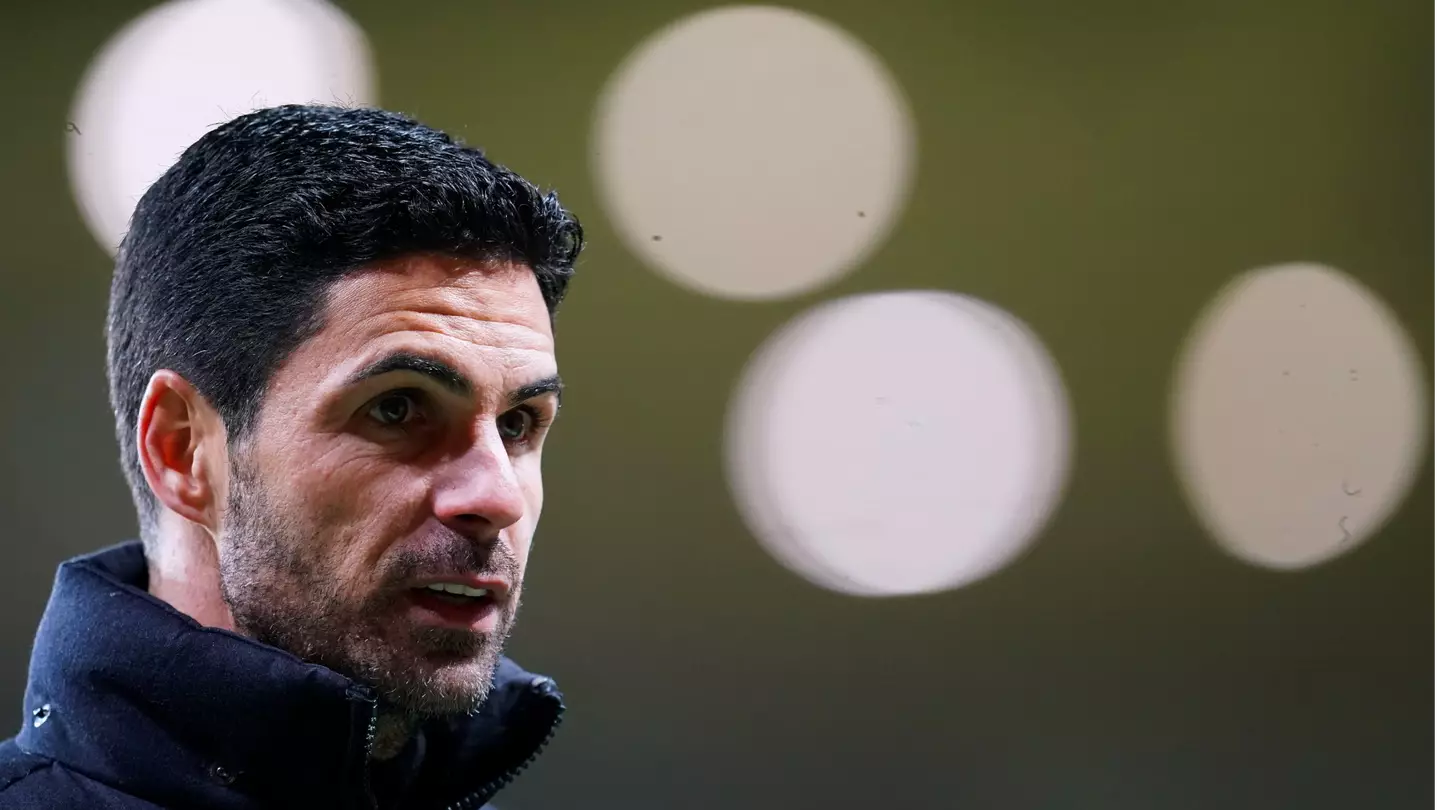
Topics: Arsenal, Mikel Arteta, Bukayo Saka
901 days ago, a typically suave Spaniard was announced as the leader of a rapidly sinking ship. Fresh from tutelage under Pep Guardiola’s wing, Mikel Arteta strutted into London Colney on a mission, to repair a culture, to fix a team, to keep afloat a submerging vessel. The Gunners were languishing in 11th when their former captain took the reins, with a measly 23 points from their opening 18 games.
When going through the typical media requirements, the boss sat down for an interview with Arsenal media, and one word shone through the dark clouds above London Colney above all else - culture. The smooth spoken Spaniard was adamant on this above all else, demanding that “we have to create the right culture around the club”.
For all the soundbites, the road has been a tumultuous one thus far. Player revolts, cancelled contracts, a pandemic. For a manager in his first stint managing, Arteta’s reign has been a baptism of fire.
The first fixture the Gunners’ boss took charge in was away to Bournemouth, a 1-1 draw, courtesy of a second half equaliser from Pierre-Emerick Aubameyang.
Advert
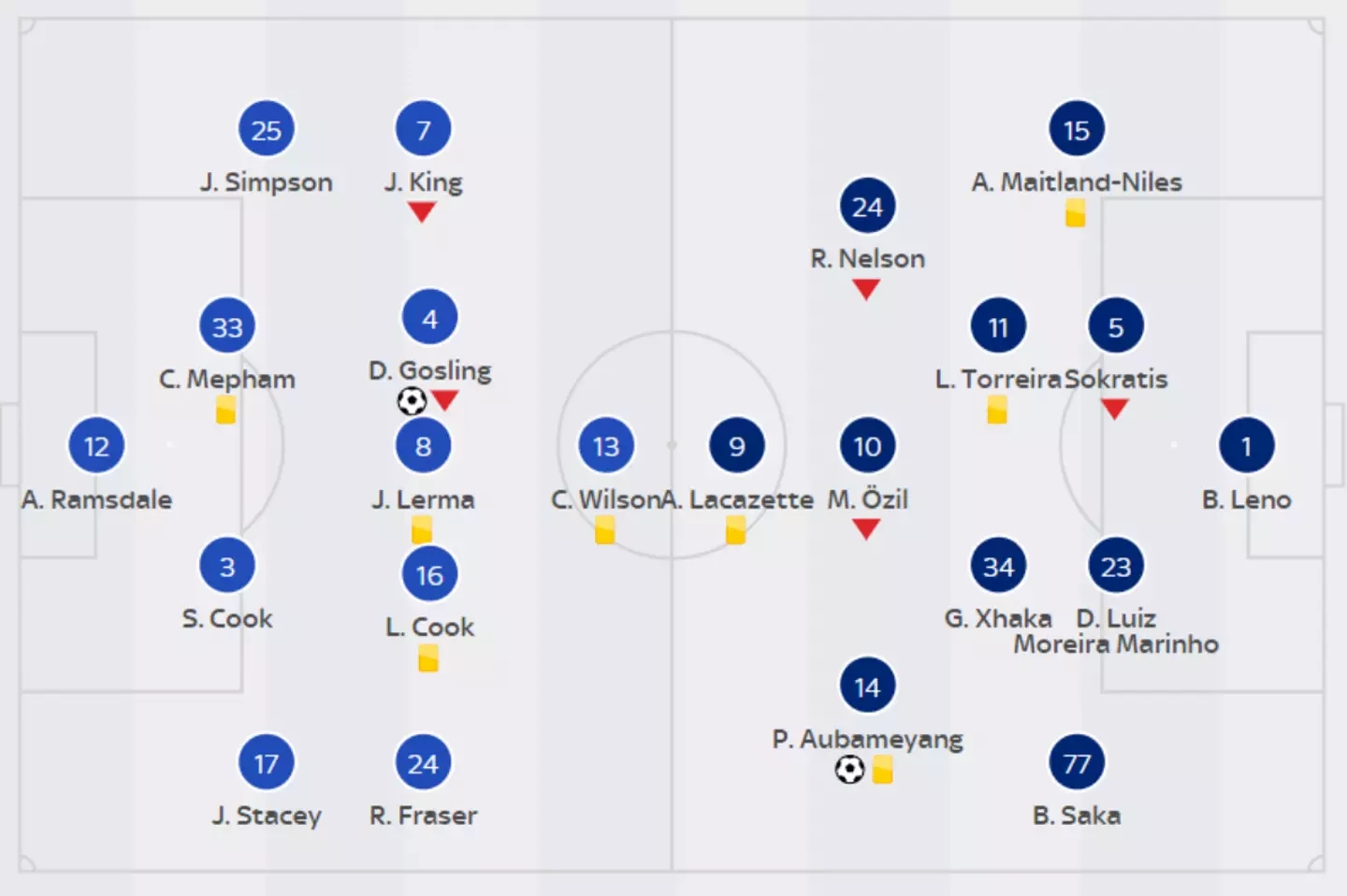
On the day, Arteta reinstated footballing artist Mesut Özil, a man caught in a merry-go-round during the latter stages of Unai Emery’s tenure. Of that starting XI, only three currently have a locker at London Colney (Saka, Xhaka, Leno), with the rest either set to depart, already departed, or in footballing limbo following loan spells away from the club.
Footballing principles are hard to instil, particularly in a time of turmoil, but from the offset the offensive structure the new kid on the block wanted to employ was clear, the 2-3-5 employed by his tutor Pep Guardiola, as well as German phenom Jurgen Klopp.
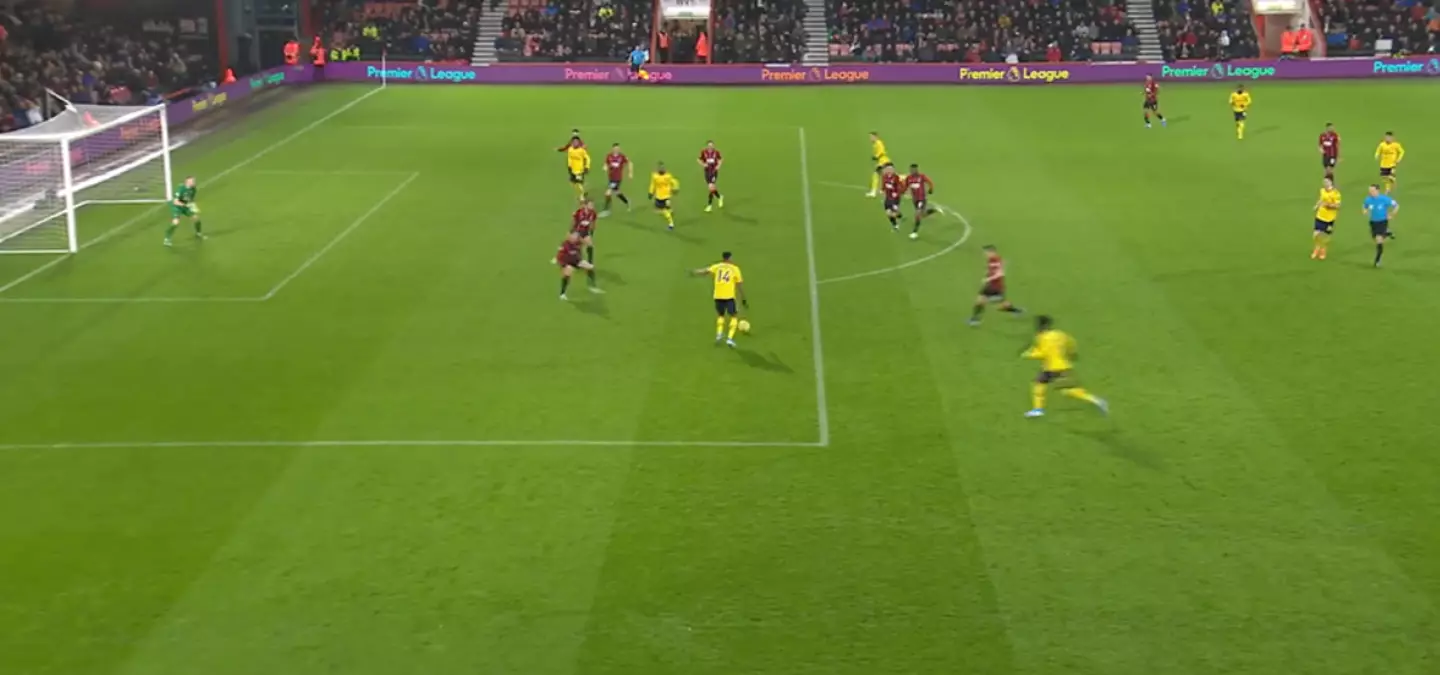
The offensive structure has underpinned Arteta’s tenure thus far, with varying degrees of success, but the principles the Spaniard wished to employ were nonetheless present. Maitland-Niles-Torreira-Xhaka formed a midfield three, whilst the forward five that day were Nelson-Ozil-Lacazette-Aubameyang-Saka.
However, tactical principles can only take a team so far when the culture is rotting like a dying tree in a fallen paradise. Come March of the same season, the pandemic struck, and the world plunged into lockdown. Arteta himself was a catalyst in the Premier League’s postponement, it being his positive Covid test that finally caused the powers at be to act.
So, the world froze, as though liquid nitrogen had launched an assault upon its axis. When the thaw eventually came, a brand new world had been entered, yet a familiar result greeted the Gunners, a defeat, with David Luiz sent off, at the Etihad in the first game post-lockdown. A game without fans, an eerie silence consumed the stadium. Across the country, games felt like ghost towns, celebrations of a couple dozen staff members socially distanced, masks on, gloves on. Football was back on the screens, but it hadn’t returned.
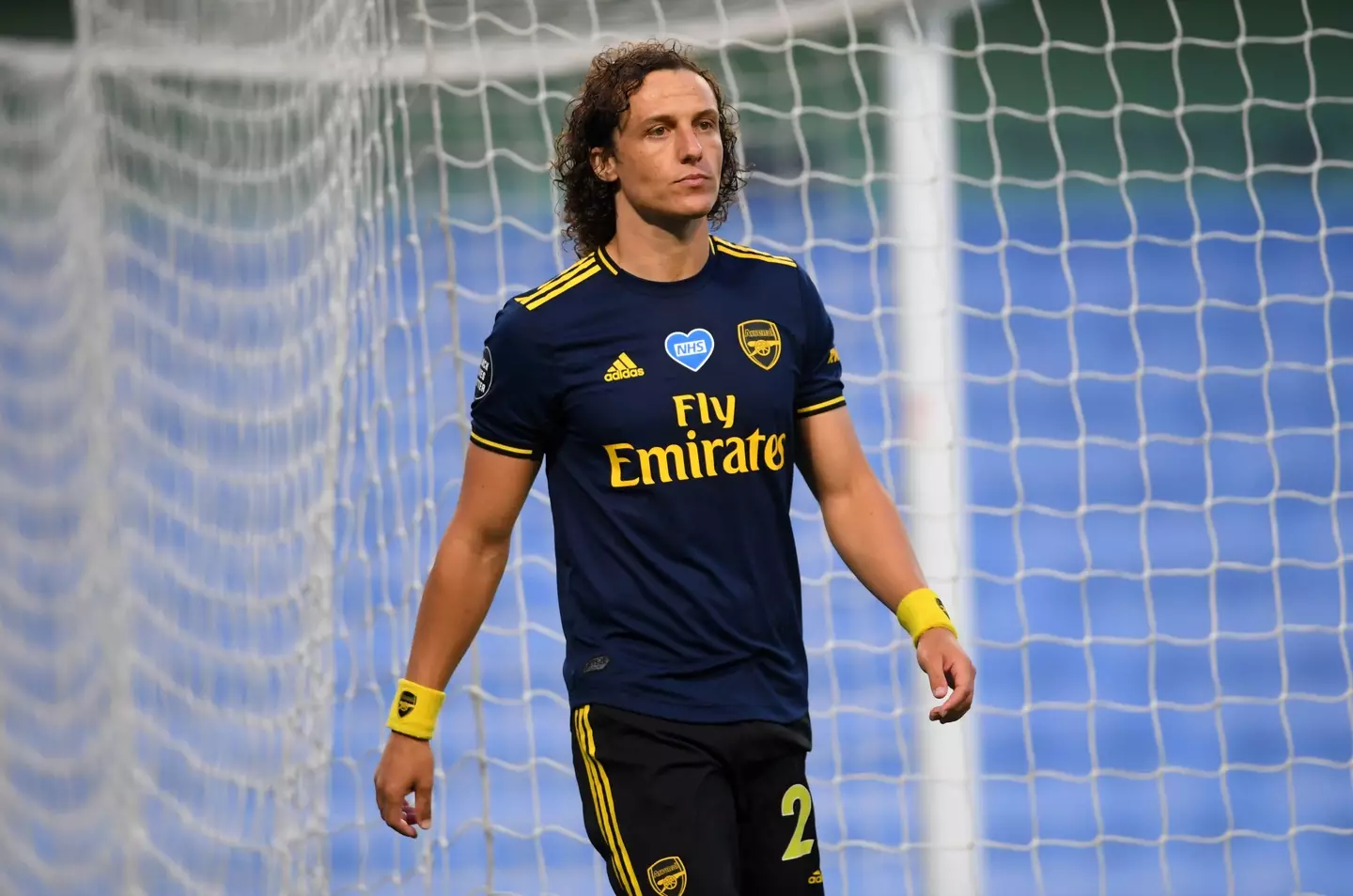
With the reemergence of football came the first drama in a managerial career littered in them, the ostriciation of Mesut Özil. Whoever you speak to will tell you a different version of the story, of the once blossoming relationship turned bitterly sour, but whatever side of the story you choose to believe, the event marked a shift.
Eventually buying the German superstar out of his contract, Arsenal set a precedent of allowing players to leave on free deals, with Aubameyang, Mustafi, Kolasinac and Mustafi all leaving their deals prematurely, some being paid substantial sums of money to do so.
The exclusion of the German had no ill-effects on that season, with Arteta winning his first trophy for the Gunners, in a 2-1 FA Cup win over Chelsea, having beaten Man City 2-0 in the semi-finals.
It was in the following season that Arsenal began to reap what they sewed. In the exclusion of the creative genius, and complete lack of a replacement, Arteta’s side spent half of the season without a creative force, without a player capable of receiving the ball in-between the lines. The result was dire to watch, a team resorting to spamming crosses en-masse through Kieran Tierney. This footballing horror show culminated in 32 open play crosses against fierce North London rivals Tottenham, with no fruits for their monotonous labour.
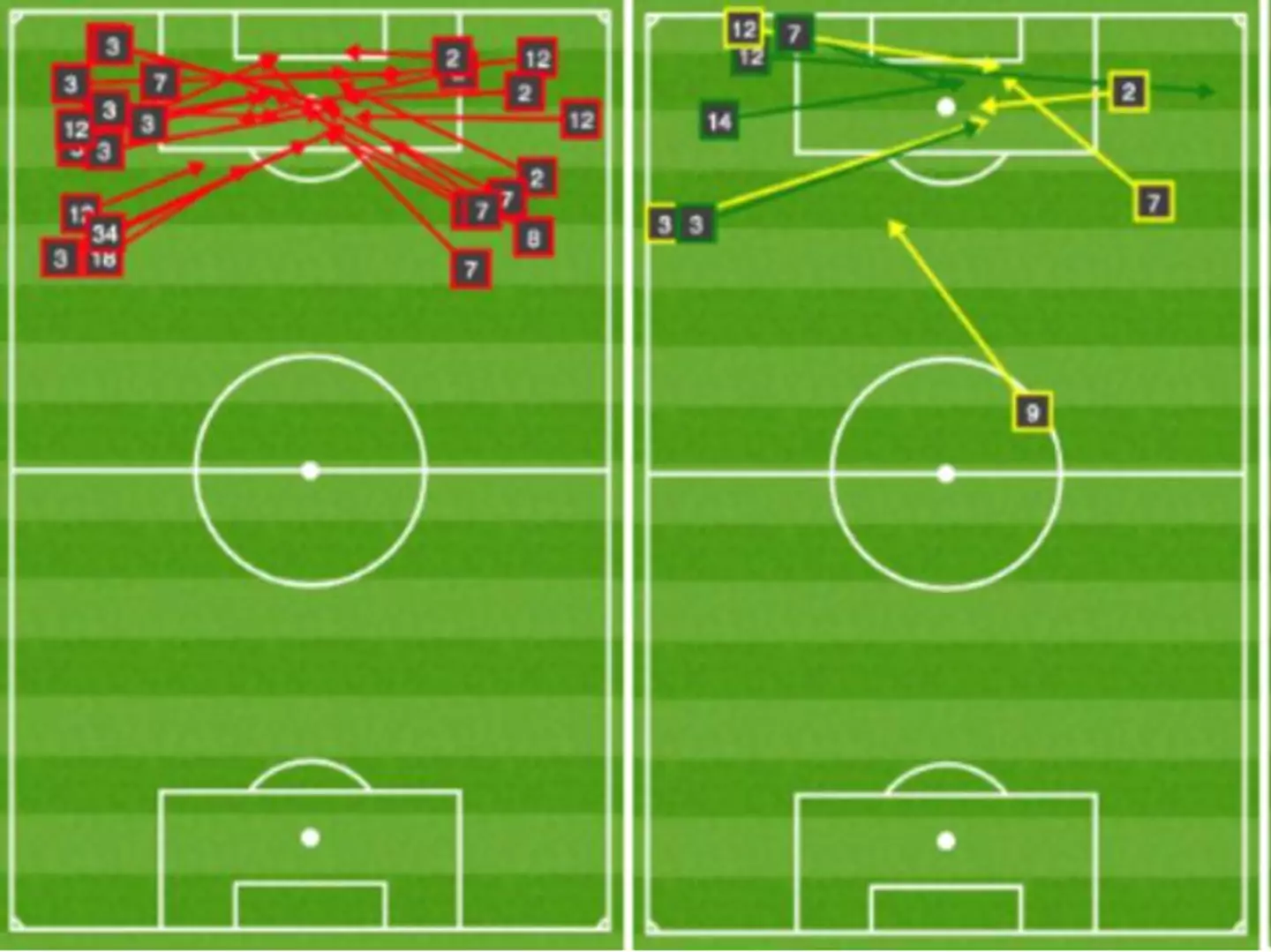
Arsenal’s fortunes came as a product of luck rather than method. In what many speculated was last chance saloon. Emile Smith Rowe was brought in for the unavailable Willian, in a Boxing Day game that in all likelihood saved Arteta’s job, with the club languishing in 15th, 5 points clear of the relegation zone. The Spaniard’s ran out 3-1 winners against Chelsea, a result even the most optimistic of fans had not envisaged.
From that moment, the Gunners began their ascent. Whilst only finishing the season in 8th, the board saw enough to commit to the project, Project Youth. In the summer, the Kroenke’s threw all their eggs into that basket, acquiring the services of Ramsdale, Tomiyasu, White, Lokonga, Tavares and Odegaard and their impact was felt. In between Smith Rowe’s start against the London rivals and December 21st of 2021 , only Manchester City (104) accumulated more points than Arsenal (79). The emergence of Smith Rowe in accordance with summer signings paid dividends.
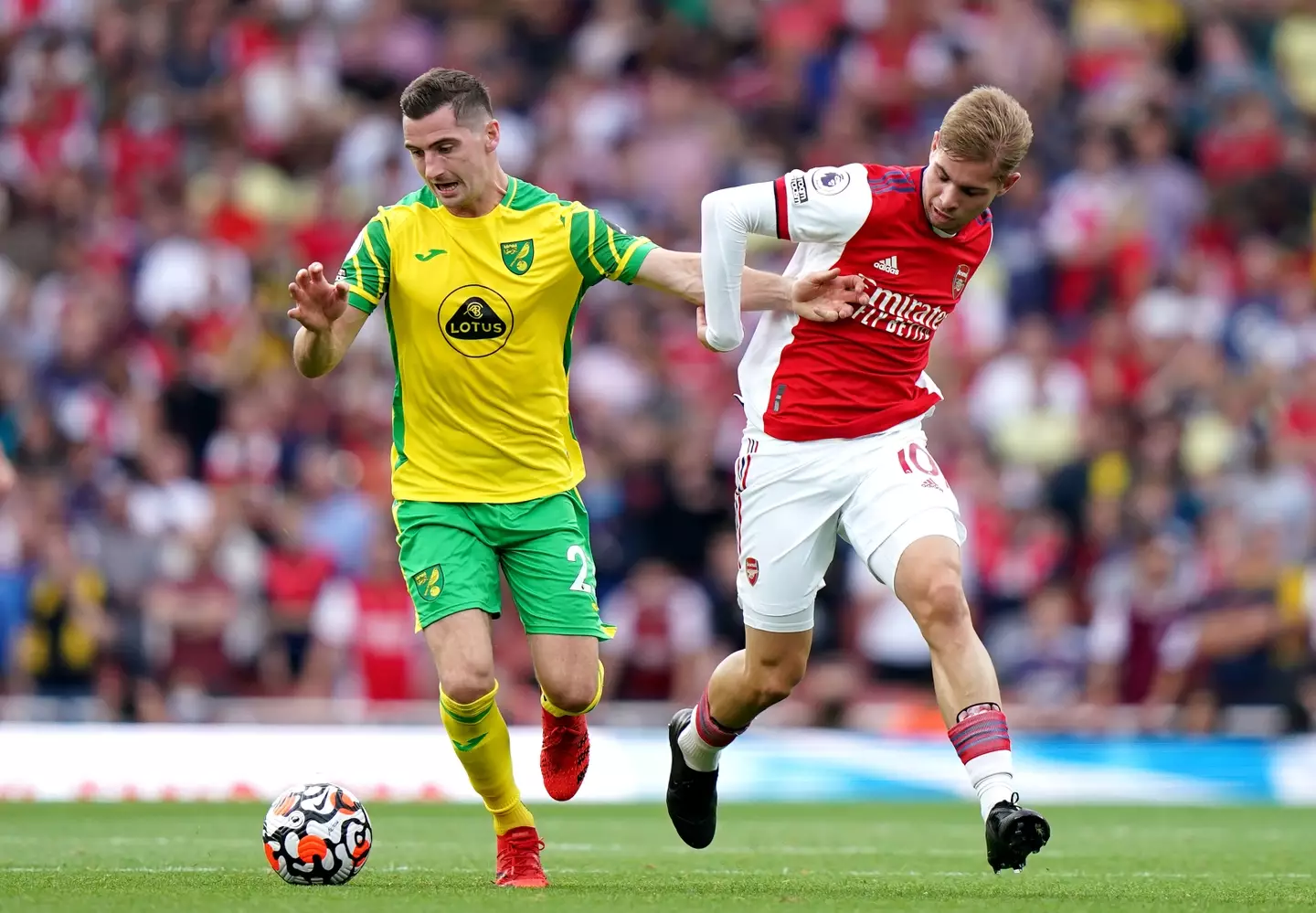
However, seasons don’t run from one December to the next, a painful reality the Arsenal faithful are all too aware of. Having undergone another contract drama, this time with club captain Pierre-Emerick Aubameyang, Arteta and co. boldly chose that signing a short-term replacement would be against their long term vision. So, the January window slammed shut, and Arsenal entered the gruelling run-in with a misfiring Lacazette and a sparsely used Eddie Nketiah.
The decision ultimately back-fired, whilst Nketiah’s career rose like a phoenix from smouldering ashes, following his brace against Chelsea, and he has shown all the tools necessary to shoulder the burden of the famous red and white, his introduction was too late. A cocktail of youthful inexperience, ill-timed injuries and lack of striker options was costly, with Arsenal surrendering Champions League football to Spurs in the final three games of the season, finishing in 5th place.
Having been so close to the promised land, falling agonisingly short was a guttural punch to all those associated with the club. Whilst few expected to be vying with European royalty following a calamitous start to the season which saw the worst opening three games for the Gunners since 1954-55, the hurt is yet to truly fade. However, with by far the youngest average starting XI in the league (24.2), the board accepted things wouldn’t be plain-sailing, that’s par for the course with a squad so vastly inexperienced. Matters weren’t aided when the side were let down by the ‘experienced’ members, whether that be through performances, attitude, injury or an amalgam of the three.
However, there’s an unwavering faith amongst those at Arsenal, from the Kroenke’s through to the coaching staff and players that experience Arteta’s coaching and man-management on the daily, that he is the one to return Arsenal to Europe’s top table. A busy summer is lined up for those at N5, with a marquee centre-forward and midfielder on the agenda. With by far the youngest average starting XI in the league (24.2), the board accepted things wouldn’t be plain-sailing, that’s par for the course with a squad so vastly inexperienced.
From a fresh-faced newbie fresh off the conveyor belt of Guardiola tutelage to grizzled Spaniard whose managed contract chaos, player squabbles and a pandemic, Arteta has been forced to learn the ropes the hard way. Thrown into a cauldron of fire, he has emerged, burnt, but moving forward. Next season the expectation is simple, a return to the Champions League. The squad is his, the philosophy set in stone, a culture reset. Now is time for his Gunners to begin firing.